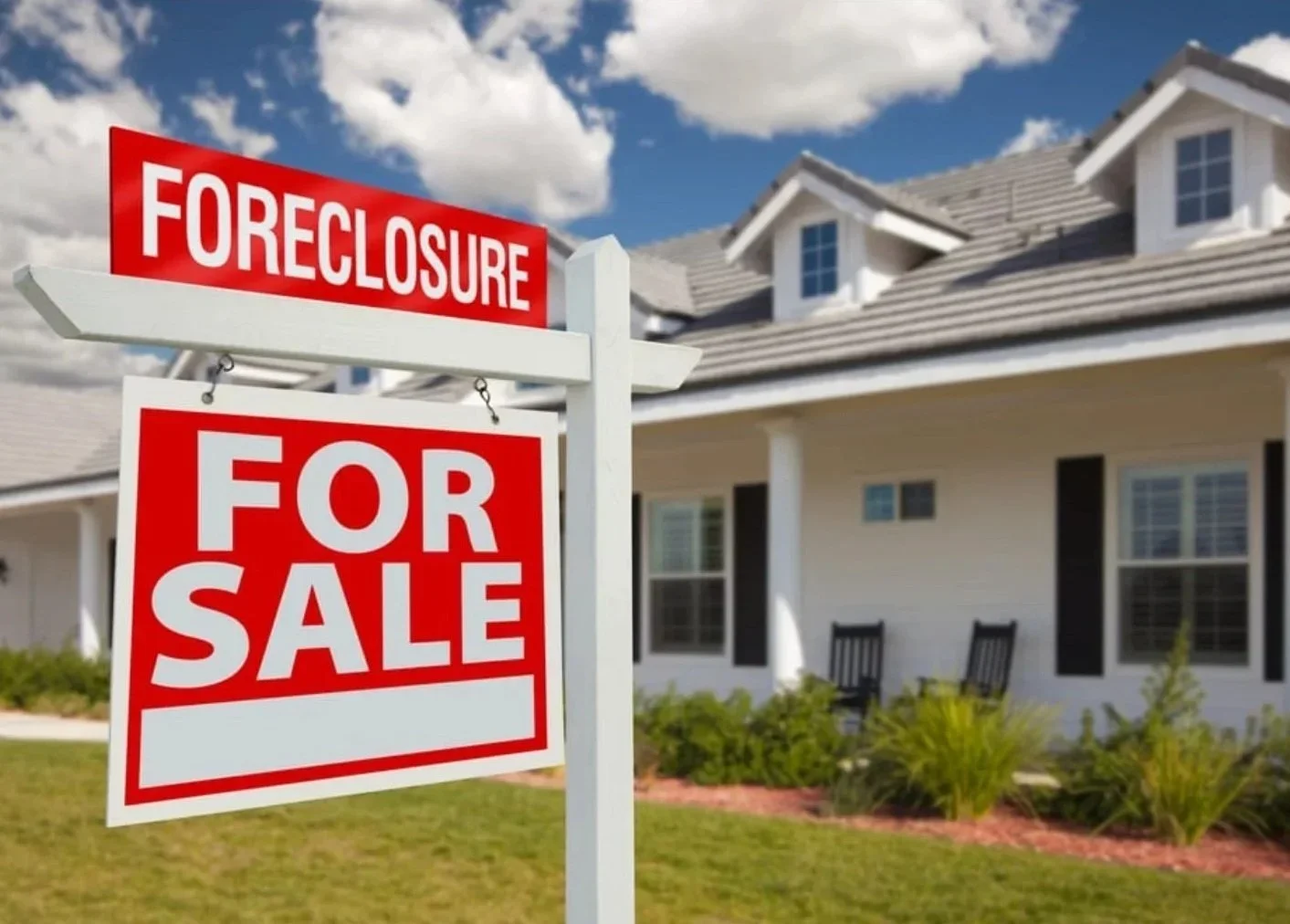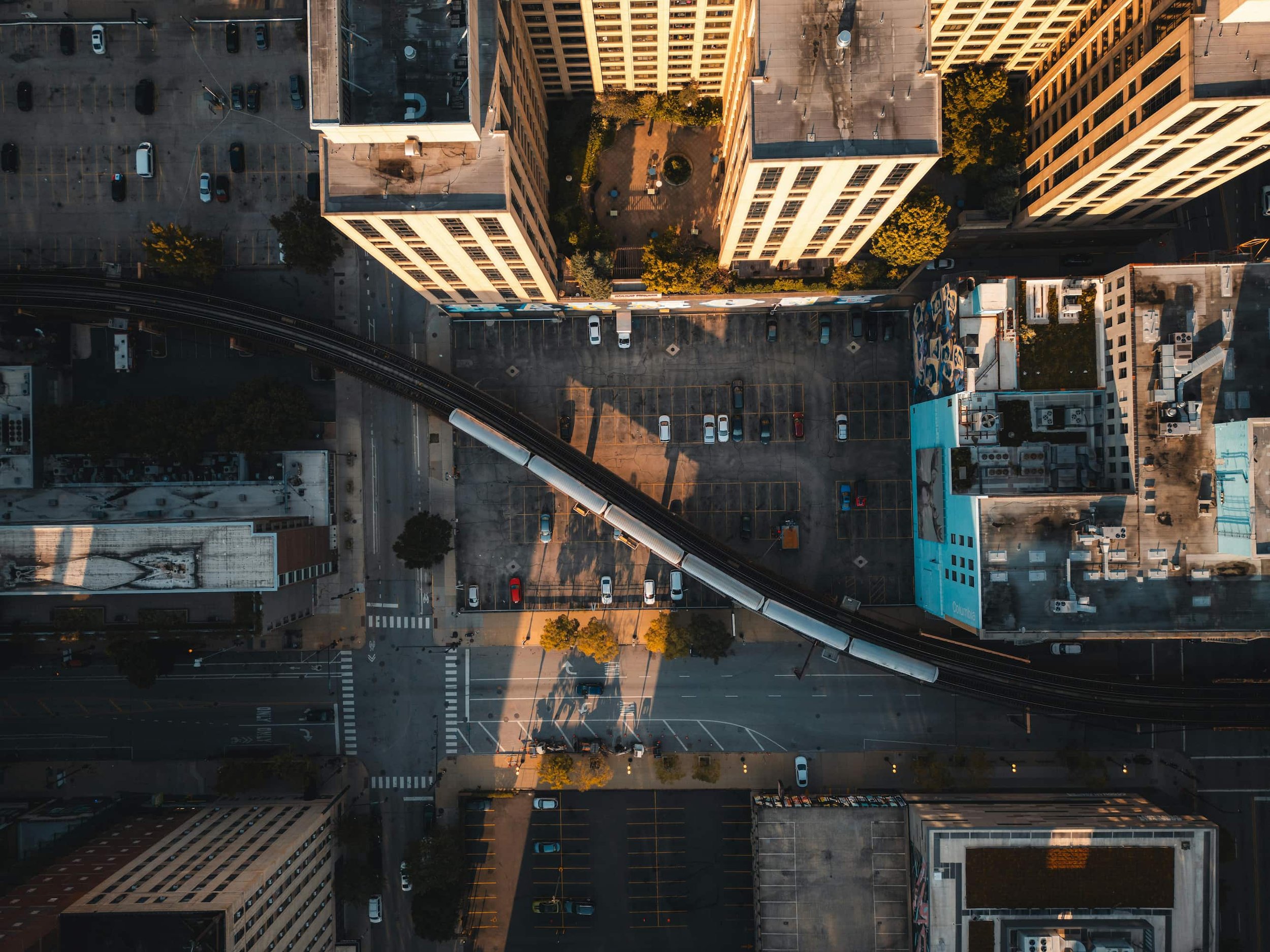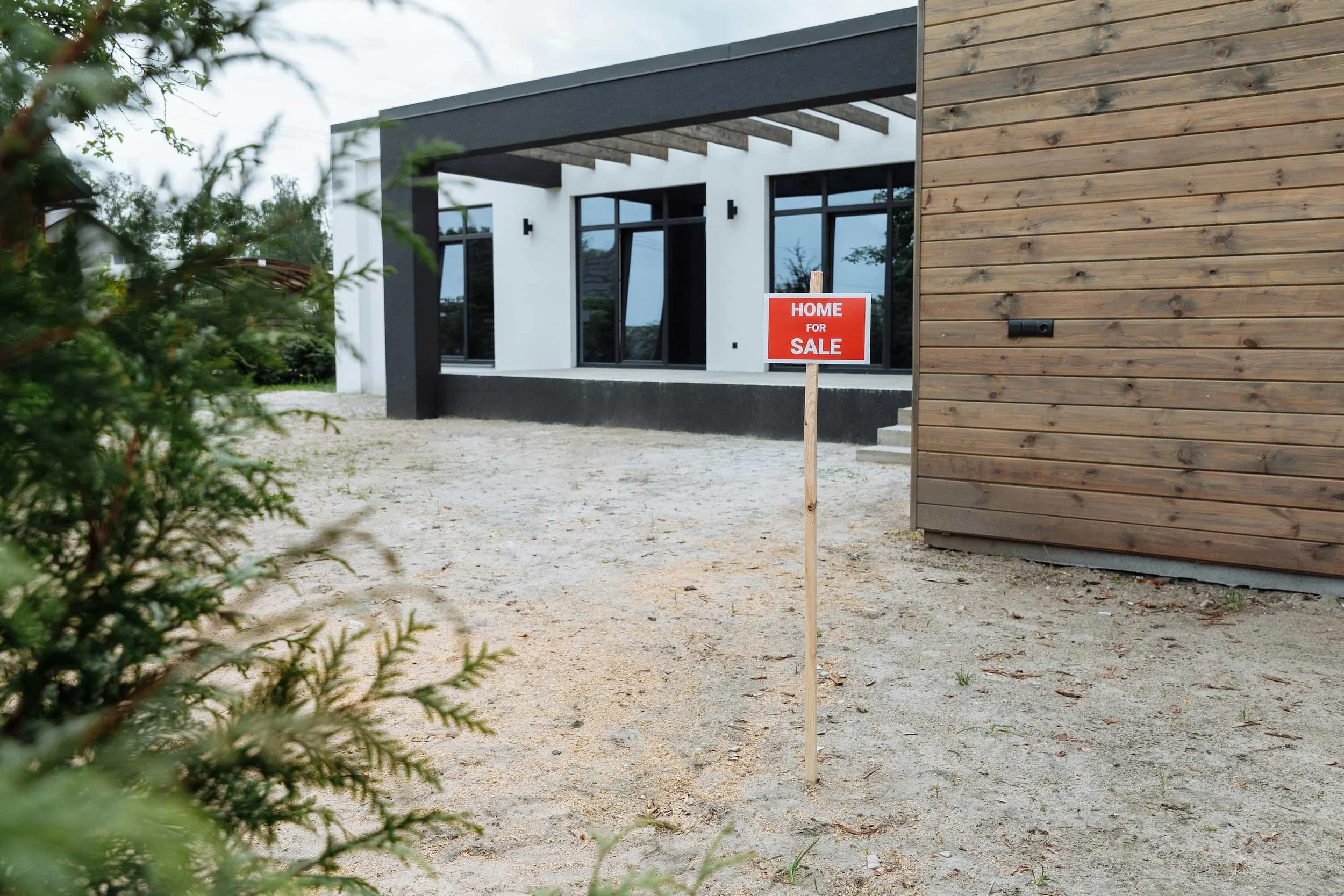Chicago’s Highest Foreclosure Neighborhoods
Foreclosure rates in Chicago are rising sharply, and it’s not affecting every neighborhood equally. While the city as a whole is feeling the pressure from economic stress, inflation, and higher mortgage rates, certain communities are being hit much harder than others.
If you're a homeowner worried about falling behind on payments—or a buyer looking to invest—it’s important to understand where foreclosures are happening, why they’re increasing, and what options you have before things get worse.
Chicago Foreclosure Rates Are Climbing
Foreclosures across Chicago have seen a steady increase over the past year. Compared to national averages, Chicago’s numbers are among the highest in the country.
Here’s a snapshot of the latest data:
Foreclosure filings rose 5% over the last month
Year-over-year increase: Up 20% compared to the same time last year
Chicago vs. national average: Rates are 15% higher than the U.S. average
This trend is raising concern among real estate experts and homeowners alike. As the cost of living rises and mortgage rates remain high, more families are falling behind on their payments, pushing properties into foreclosure.
Why Are Foreclosure Rates Rising in Chicago?
The rise in foreclosure rates across Chicago isn’t due to just one issue. It’s the result of multiple pressures affecting homeowners—economic stress, lingering effects from the pandemic, and a challenging housing market. Together, these factors are pushing more families into financial distress and, eventually, foreclosure.
Job Instability and Inflation
Chicago’s job market hasn’t fully stabilized since the pandemic. While employment numbers have improved overall, many residents still face underemployment or unstable income, especially in lower-income neighborhoods. At the same time, the cost of living continues to rise.
With higher prices for food, utilities, and transportation, more families are struggling to make ends meet. One unexpected expense—like a car repair or medical bill—can disrupt their ability to pay the mortgage on time. Living paycheck to paycheck leaves little room for error, and missed payments can quickly snowball into foreclosure risk.
Pandemic Recovery Still in Progress
The pandemic may feel like it's behind us, but its financial impact lingers for many households. Some families used savings or credit to stay afloat during job losses and business shutdowns. Now, they’re trying to recover while juggling debt, back payments, and reduced financial reserves.
In communities that were already economically vulnerable before COVID-19, the pandemic deepened long-standing struggles. For these homeowners, full recovery remains out of reach, especially when mortgage forbearance programs have ended and lenders are restarting foreclosure proceedings.
High Interest Rates
Interest rates have jumped in recent years, affecting both new buyers and current homeowners. For those trying to refinance their mortgage to get a lower payment or escape an adjustable-rate loan, higher rates have slammed the door shut.
Instead of finding relief, homeowners are locked into payment plans they can no longer afford. Others who had flexible or variable loans may have seen their monthly payments increase significantly, further tightening the financial squeeze. This lack of affordable refinance options is a key factor behind rising foreclosure filings.
Chicago Neighborhoods Hit Hardest by Foreclosures
Not all areas of Chicago are experiencing foreclosure equally. Some neighborhoods are seeing far more filings than others, especially those with a history of economic challenges, housing disinvestment, and reduced access to financial resources.
These neighborhoods tend to have:
Lower household incomes
Higher unemployment rates
Aging or vacant properties
Fewer financial and community support programs
Let’s take a closer look at the neighborhoods most affected:
South Side
Communities like Roseland, Washington Heights, and Auburn Gresham are among the hardest hit. These areas have long faced disinvestment and higher-than-average unemployment. Many homes in these neighborhoods are older and may require costly maintenance expenses that financially stretched homeowners can’t always afford. As a result, when economic pressure hits, foreclosure becomes a more likely outcome.
West Side
Neighborhoods like North Lawndale, Garfield Park, and Austin are also experiencing a spike in foreclosure activity. These communities struggle with aging infrastructure and limited access to capital. Many residents were hit hard during the pandemic and are now dealing with the aftermath—rising bills, loan delinquencies, and little to no safety net.
Englewood
Englewood has faced housing market challenges for decades, including long-term vacancy issues and falling home values. These trends have made it harder for residents to build equity or refinance. With limited job opportunities and little investment in housing or local businesses, residents are especially vulnerable when economic conditions worsen.
These patterns show that foreclosures don’t happen in isolation—they often reflect broader, systemic issues affecting entire communities.
The Ripple Effect: How Foreclosures Hurt the Market
Foreclosures don’t just affect individual homeowners. They create a ripple effect that impacts entire neighborhoods—and the broader real estate market in Chicago.
Falling Home Values
When multiple homes in a neighborhood go into foreclosure, it brings down surrounding property values. This hurts homeowners who are staying current on their mortgage, as their home equity declines. It can also make it harder to sell homes at fair market prices, which leads to more financial losses and stress.
More Vacant Homes
Foreclosed homes often sit empty for months. These vacant properties can attract vandalism, squatters, and crime, especially if they’re not maintained. This decline in property conditions further reduces neighborhood appeal and drives away potential buyers and investors.
Investor Activity & Gentrification
Foreclosure-heavy neighborhoods often attract real estate investors looking for cheap properties. While investment can bring much-needed revitalization, it also raises concerns about gentrification. As investors flip homes or rent them out at higher prices, long-term residents may find themselves priced out, pushed away from the very communities they’ve lived in for decades.
What Chicago Homeowners Need to Know
If you own a home in one of these neighborhoods—or anywhere in Chicago—and you're struggling financially, it’s important to recognize the signs of foreclosure early. The sooner you act, the more options you have to avoid losing your home.
Signs You May Be At Risk:
You’re behind on one or more mortgage payments
You’ve received late payment or foreclosure notices
You’ve tried to refinance and have been denied due to high rates or low equity
What You Can Do:
Communicate with your lender: Many lenders offer hardship programs or may be willing to modify your loan terms.
Seek housing counseling: HUD-approved nonprofit organizations can help you navigate your options for free.
Act early: Don’t wait for foreclosure to progress. Selling your home may be a better option than losing it through a court process.
Selling Your Home Before Foreclosure: A Smart Alternative
If catching up on payments isn't realistic, there’s another option: sell your home before foreclosure damages your credit and financial future.
For many homeowners, the best way to do this quickly is by working with a cash home buyer.
Why Sell for Cash?
Fast closing – often in as little as 7 days
No repairs needed – sell your home as-is
No agents or commissions – avoid extra fees
Avoid foreclosure – protect your credit and move on with peace of mind
You’ll avoid the stress of showings, inspections, and endless paperwork. Most cash buyers handle the process for you, and you choose the closing date that works best.
If you’re thinking, “I need to sell my house fast in Chicago” or “I don’t want foreclosure on my record,” a cash sale could be your best next step.
How to Sell Your House Fast in Chicago
If you're ready to explore this option, here’s how it works:
Contact a reputable cash home buyer – Look for a local company with experience and good reviews
Get a free, no-obligation offer – You decide if it’s the right fit for your needs
Choose your closing date – Many buyers let you pick the timeline
Close and move on – With no showings, no agents, and no delays
It’s that simple. And for many Chicago homeowners, it’s the best path forward.
Don’t Wait Until It’s Too Late
Chicago’s foreclosure rates are rising, and certain neighborhoods are facing real housing pressure. But if you act early and understand your options, foreclosure doesn’t have to be the end of your story.
Whether you’re looking to avoid foreclosure, sell your house fast, or just need a fresh start, there are solutions available—including selling your home for cash.




